Blog
Healing TFCC Sprains and Tears in the Wrist with SoftWave Therapy: Dr. Jeremiah Jimerson’s Advanced Approach in Charleston, SC
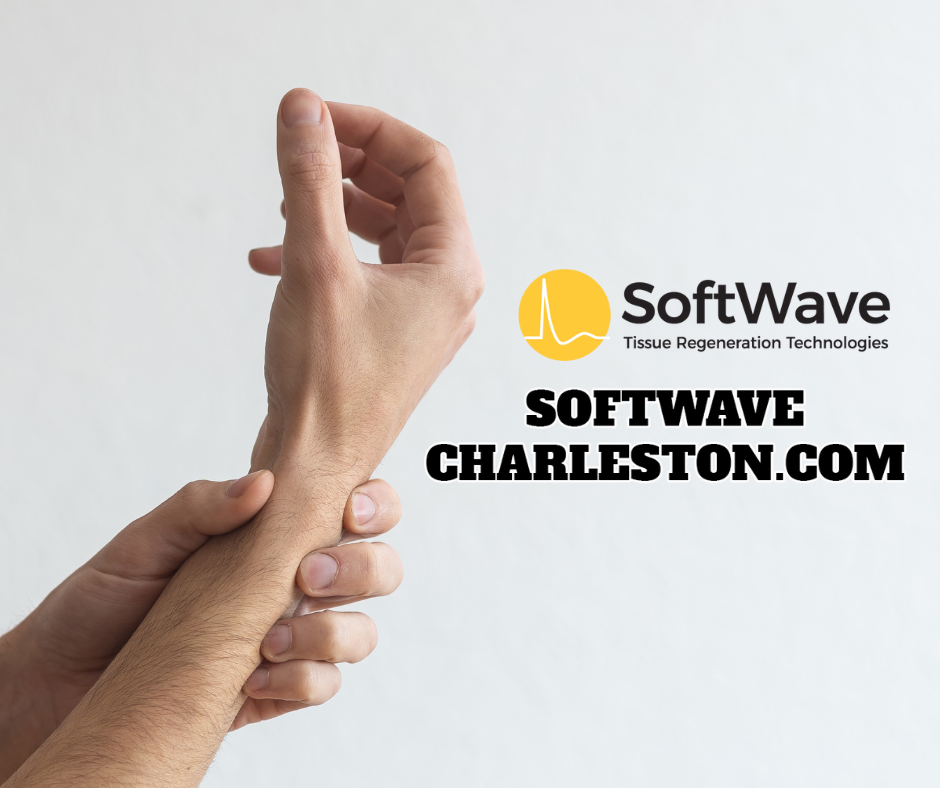
Triangular Fibrocartilage Complex (TFCC) injuries can cause significant wrist pain, weakness, and instability, affecting daily activities and athletic performance. The TFCC is essential for wrist stability and motion, and when sprained or torn, it can be difficult to heal due to poor blood supply and constant wrist movement. Traditional treatments, such as bracing, injections, and surgery, often fail to provide long-term relief and do not regenerate damaged tissues.
At Fix Your Pain Charleston, Dr. Jeremiah Jimerson offers a breakthrough, non-invasive solution: SoftWave Tissue Regeneration Therapy. This cutting-edge technology stimulates healing at the cellular level, promoting faster recovery, pain relief, and tissue regeneration—without drugs, injections, or surgery.
What is the TFCC and Why is it Important?
The Triangular Fibrocartilage Complex (TFCC) is a group of ligaments, tendons, and cartilage located on the ulnar side of the wrist (pinky side). It plays a crucial role in stabilizing the wrist joint, particularly during gripping, twisting, and weight-bearing movements.
Common Causes of TFCC Injuries
TFCC sprains and tears can result from trauma, repetitive stress, or degenerative wear and tear, leading to pain, weakness, and instability in the wrist.
- Acute Trauma – A fall onto an outstretched hand or sudden wrist hyperextension can cause a TFCC tear.
- Repetitive Motion Injuries – Activities that involve gripping, twisting, or forceful wrist movements (such as tennis, golf, gymnastics, and weightlifting) increase the risk of TFCC injuries.
- Degenerative Wear and Tear – Over time, the TFCC can become weakened and torn due to aging and joint stress, leading to chronic wrist pain.
Symptoms of a TFCC Sprain or Tear
- Pain on the ulnar side (pinky side) of the wrist
- Clicking or popping sensations when moving the wrist
- Weakness in grip strength
- Difficulty rotating the wrist (turning a doorknob or lifting objects)
- Swelling and tenderness
Traditional Treatments for TFCC Injuries and Their Limitations
Conventional treatments for TFCC sprains and tears often focus on symptom management rather than true healing. While these methods may provide temporary relief, they fail to repair the damaged fibrocartilage and ligaments.
- Bracing and Immobilization – Wrist braces can reduce pain but do not regenerate damaged tissue.
- NSAIDs and Cortisone Injections – Anti-inflammatory medications may mask pain, but they do not promote healing and can weaken connective tissue over time.
- Surgery – In severe cases, surgical intervention may be recommended, but it carries risks, requires long recovery, and doesn’t always restore full function.
For patients seeking a non-invasive, regenerative solution, SoftWave Therapy offers a superior approach that stimulates natural healing and accelerates recovery.
How SoftWave Therapy Helps Heal TFCC Injuries
SoftWave Therapy is an advanced shockwave-based regenerative medicine treatment that promotes healing at the cellular level. Unlike traditional treatments that only mask pain, SoftWave Therapy activates the body’s natural repair mechanisms, allowing the TFCC to heal without surgery.
Key Benefits of SoftWave Therapy for TFCC Sprains and Tears
-
Stimulates Tissue Repair and Regeneration
- SoftWave Therapy activates resident stem cells, encouraging the repair of damaged fibrocartilage, ligaments, and tendons.
- This is crucial for TFCC healing, as the fibrocartilage has limited blood supply, making natural recovery difficult.
-
Reduces Inflammation and Pain
- SoftWave Therapy flushes out inflammatory mediators, reducing swelling and pain without medication.
- It helps modulate the immune response, promoting long-term pain relief.
-
Improves Blood Flow and Circulation
- The therapy stimulates angiogenesis (formation of new blood vessels), ensuring the TFCC receives the oxygen and nutrients it needs to heal.
- Increased circulation accelerates recovery and prevents chronic pain.
-
Restores Wrist Strength and Stability
- SoftWave Therapy breaks down scar tissue, restoring mobility, flexibility, and function in the wrist.
- Patients experience stronger grip strength and improved range of motion.
-
Non-Invasive and Drug-Free
- Unlike injections or surgery, SoftWave Therapy is completely non-invasive, meaning no downtime, no risks, and no side effects.
The Science Behind SoftWave Therapy for TFCC Healing
SoftWave Therapy works through mechanotransduction, where electrohydraulic acoustic waves penetrate deep into the wrist joint and stimulate a healing cascade at the cellular level.
How SoftWave Therapy Promotes TFCC Recovery
- Toll-Like Receptor Activation – Triggers the body’s natural healing response, reducing inflammation and stimulating tissue repair.
- Neoangiogenesis & VEGF Release – Promotes new blood vessel formation, improving circulation to the injured TFCC.
- Stem Cell Activation – Encourages tissue regeneration and repair, helping to restore the integrity of the fibrocartilage and ligaments.
- Flushing Out Inflammatory Waste – Clears out metabolic waste and scar tissue, improving mobility and reducing stiffness.
Why Patients Choose SoftWave Therapy Over Traditional TFCC Treatments
Patients at Fix Your Pain Charleston are choosing SoftWave Therapy because it offers:
- True Regeneration, Not Just Symptom Relief – Unlike injections or braces, which only mask pain, SoftWave Therapy stimulates healing from within.
- No Downtime, No Surgery – Patients can return to normal activities without the risks of invasive procedures.
- Long-Term Relief – The effects of SoftWave Therapy continue working long after treatment, promoting sustained recovery and prevention of re-injury.
- Faster Recovery for Athletes – Athletes recovering from TFCC tears can return to training and competition sooner, without relying on painkillers or surgery.
Dr. Jeremiah Jimerson: Leading the Way in TFCC Injury Recovery in Charleston, SC
At Fix Your Pain Charleston, Dr. Jeremiah Jimerson specializes in non-invasive pain relief solutions using SoftWave Therapy. His expertise in wrist and hand injuries, regenerative medicine, and advanced healing techniques allows him to provide long-lasting relief to patients suffering from TFCC injuries, wrist sprains, and chronic wrist pain.
If you are struggling with TFCC pain and instability, SoftWave Therapy may be the breakthrough solution you’ve been searching for.
Ready to Heal Your TFCC Injury Without Surgery?
Don’t let TFCC pain and wrist instability hold you back. SoftWave Therapy at Fix Your Pain Charleston offers a cutting-edge, non-invasive solution to help you regain pain-free mobility and strength.
Fix Your Pain Charleston
761 Saint Andrews Blvd, Charleston, SC 29407
Phone: 843.873.6004
Visit Fix Your Pain Charleston to learn more or request an appointment today! Let SoftWave Therapy help you take control of your TFCC recovery and restore your wrist function.
‹ Back


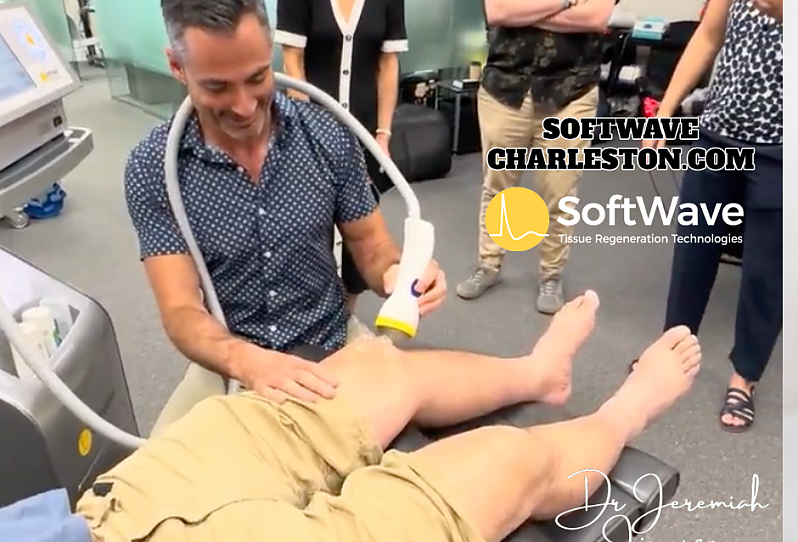
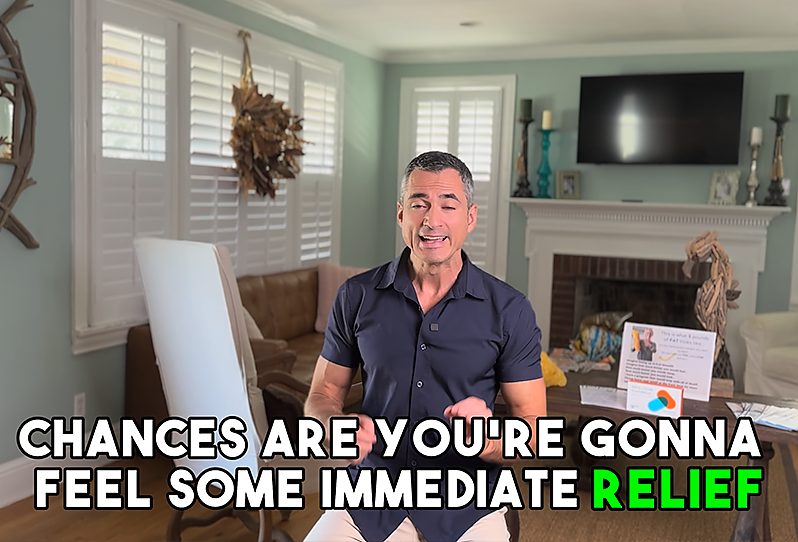
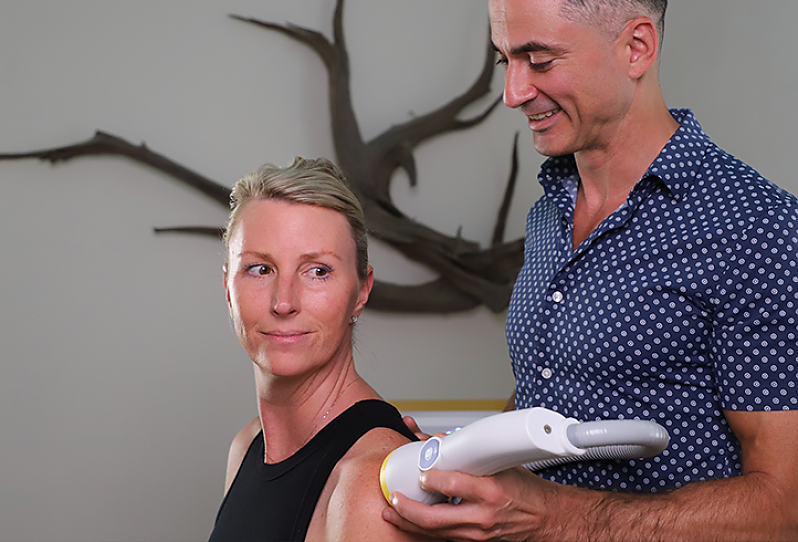
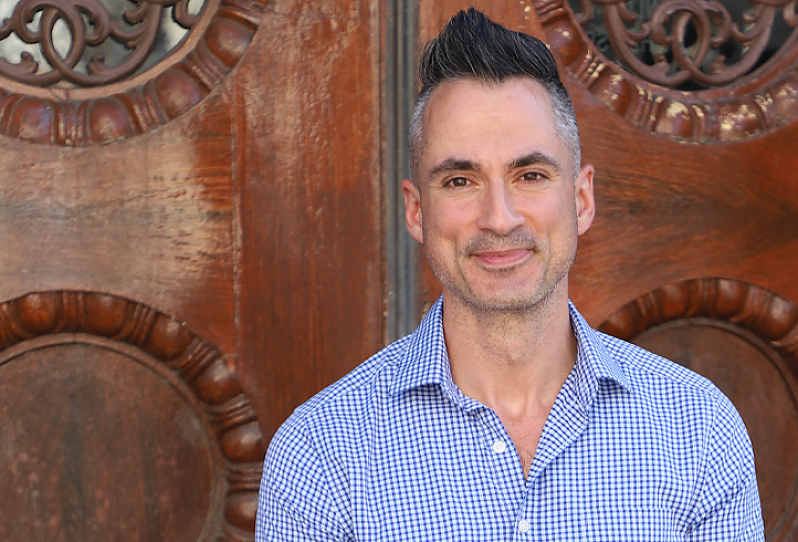
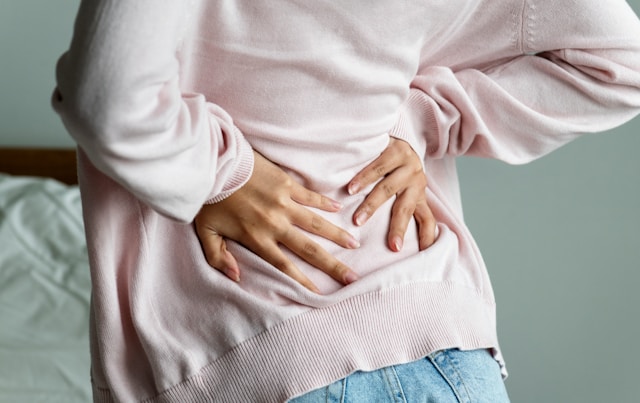

 761 St Andrews Blvd
761 St Andrews Blvd
